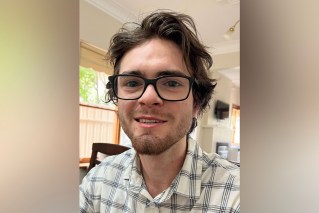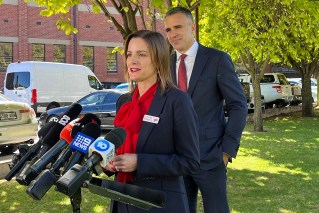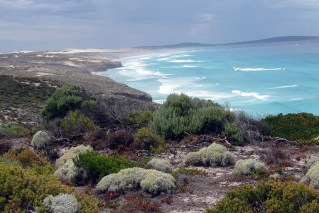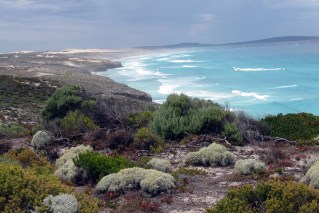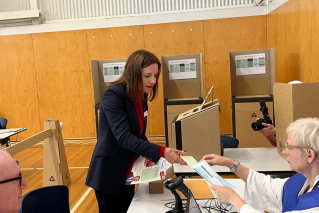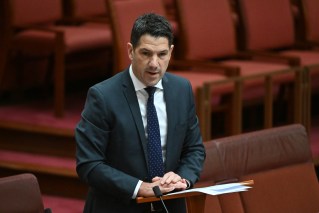Former Socceroo died after oxygen tube connected to catheter

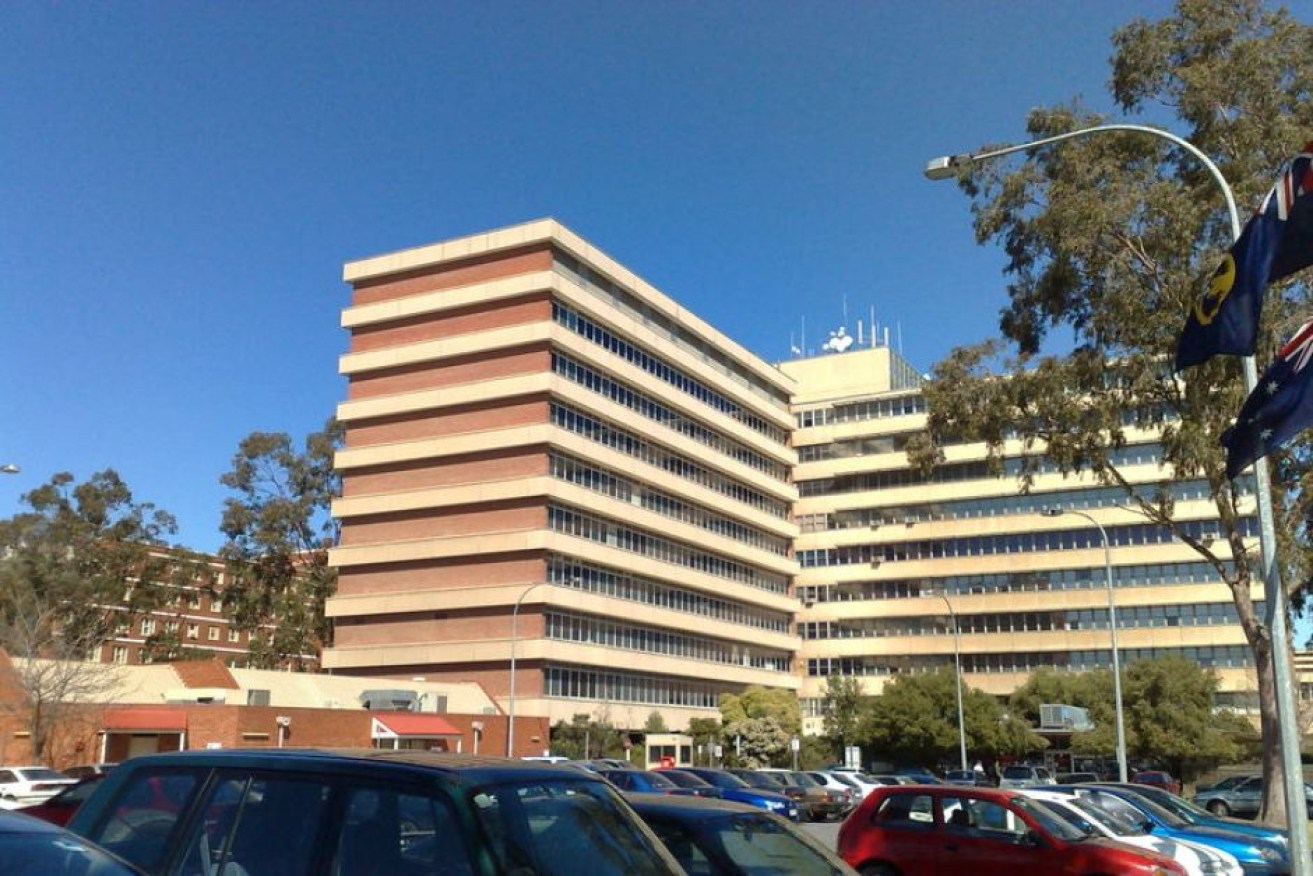
Stephen Herczeg was admitted to Queen Elizabeth Hospital on September 19 this year after a fall. Photo: ABC
A former Socceroo died in an Adelaide hospital last month after his oxygen supply was connected to his catheter causing his bladder to burst and lungs to collapse, a coronial inquest hears.
Stephen Herczeg, 72, was South Australia’s first World Cup qualifying Socceroo in 1965, but his death on September 19 this year at the Queen Elizabeth Hospital is now the subject of a coronial inquest.
The inquest, being held before State Coroner Mark Johns, also heard hospital staff could not access Mr Herczeg’s resuscitation status because of problems with SA Health’s new electronic records system, EPAS.
The court heard Mr Herczeg suffered from a number of health problems, including lung disease, and had a catheter in place due to urinary retention problems.
When he was admitted to hospital after a fall, he was observed to be suffering from low oxygen levels, acting “pleasantly confused” and hallucinating that there were lollies on the wall.
He was transferred to the respiratory ward of the hospital because he was well-known to the doctors there, the inquest heard.
Counsel Assisting the Coroner Naomi Kereru said about an hour later an enrolled nurse responded to calls from Mr Herczeg.
“He was crying and calling out in pain that he was dying.”
Coroner Naomi Kereru
She said when the enrolled nurse returned to the room after getting a registered nurse, he had stopped calling out.
“It would appear this is because he was unresponsive and turning blue,” Ms Kereru said.
The inquest heard Mr Herczeg’s abdomen was noticeably bloated and emergency resuscitation efforts were unsuccessful.
Catheter connected to oxygen supply
Forensic pathologist Dr Stephen Wills, who conducted the post mortem, told the inquest Mr Herczeg’s catheter tubing was connected to the oxygen supply.
When asked if that was unusual, Dr Wills said he had “never come across it” before.
He said the oxygen had caused Mr Herczeg’s bladder to rupture, before filling his chest cavity, causing his lungs to collapse under pressure and heart to be displaced.
Dr Wills said the pain from his bladder rupturing would have been the equivalent of sustaining an internal injury.
He said the result would have been the same for a person without lung disease due to the severity of the gas.
The inquest continues.
– ABC

